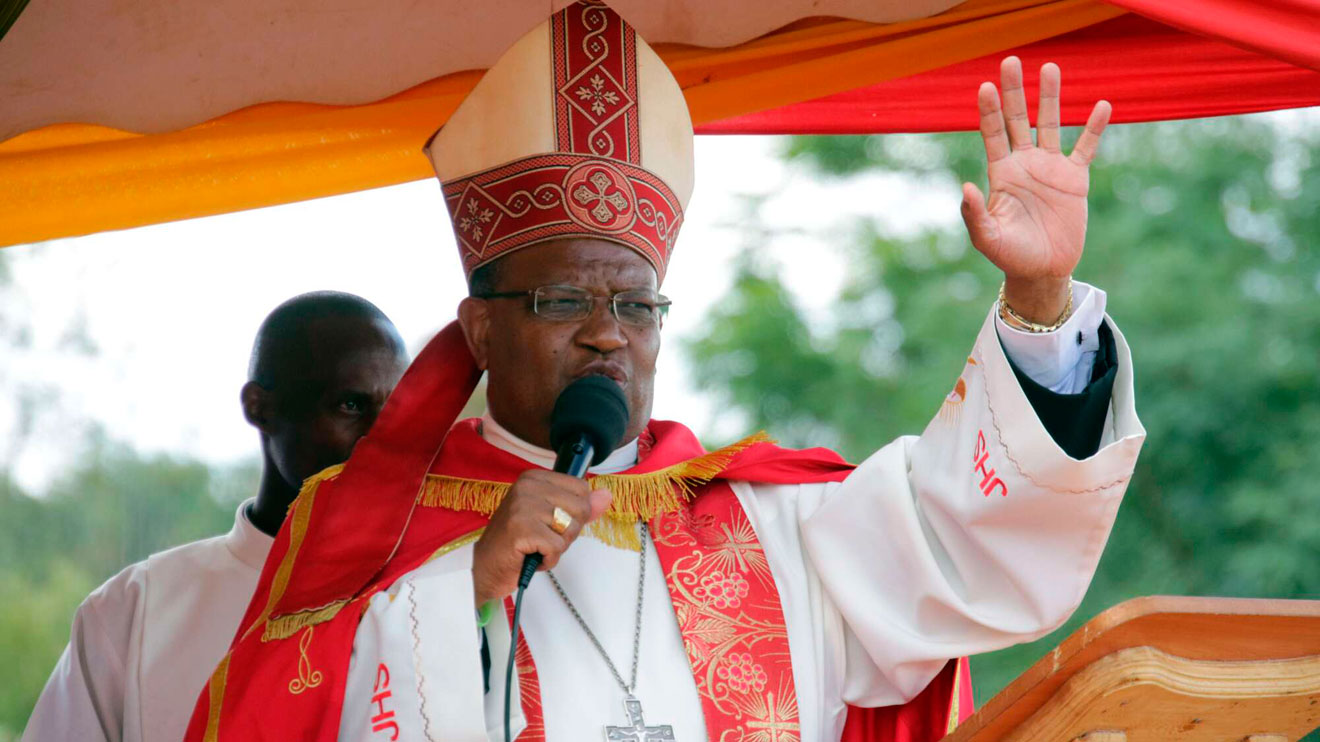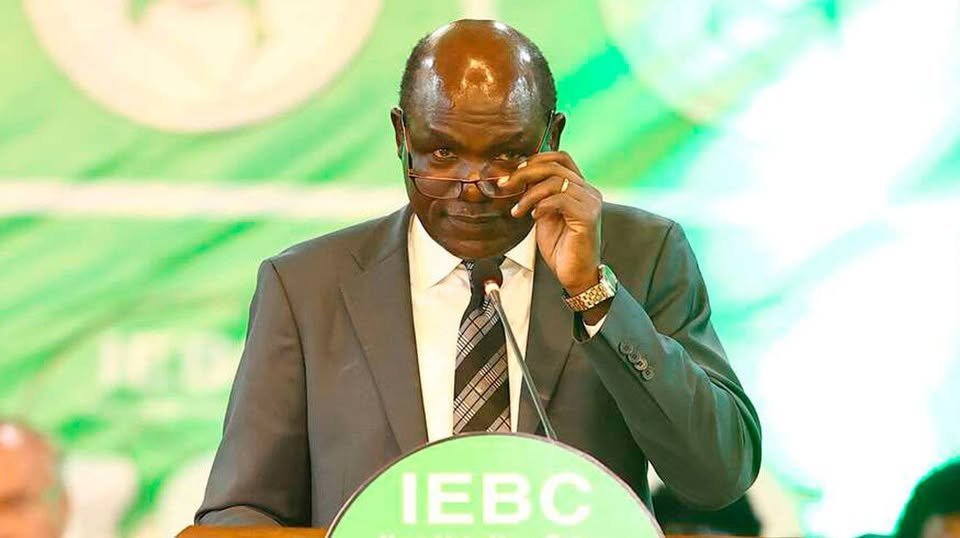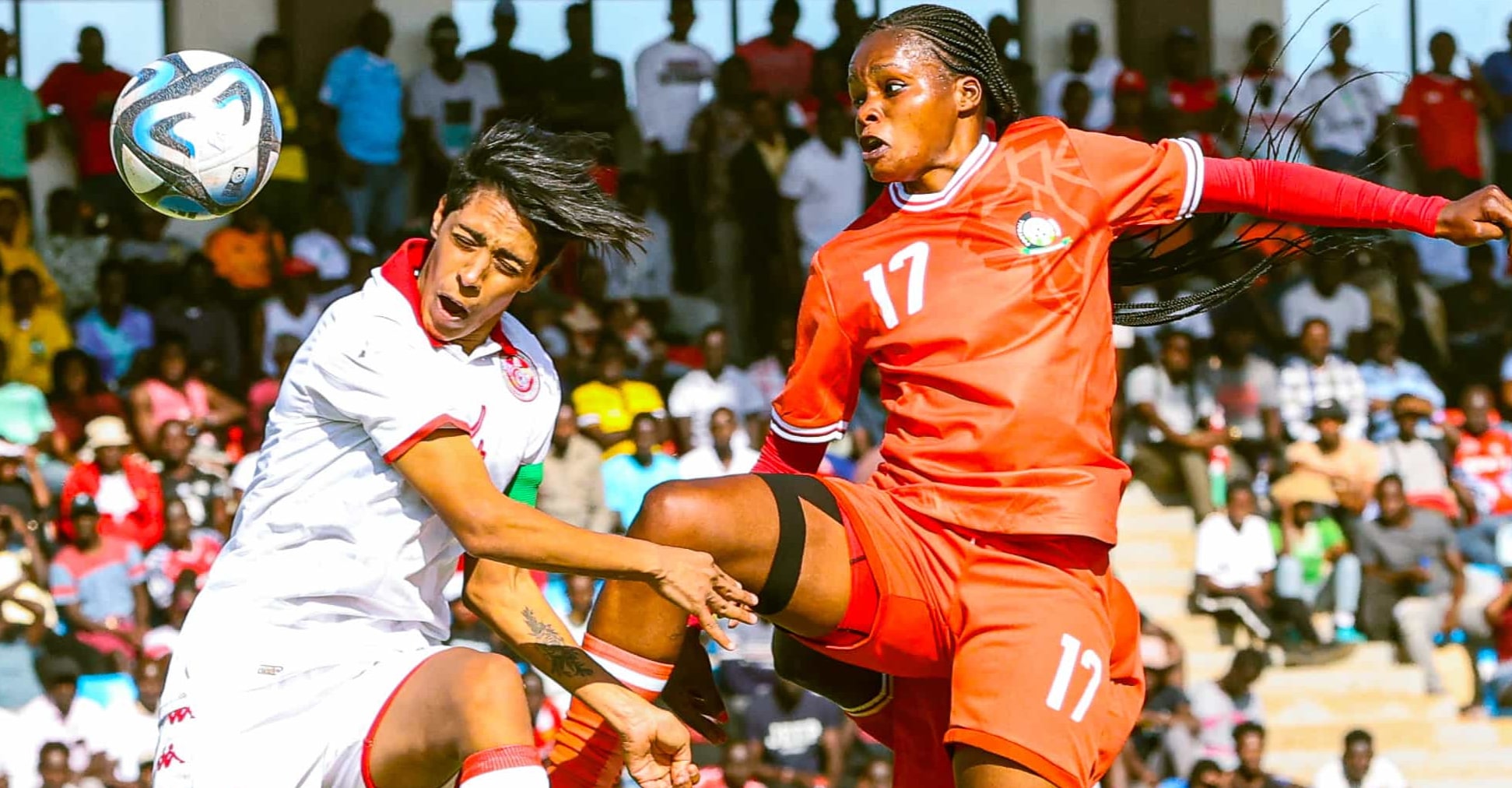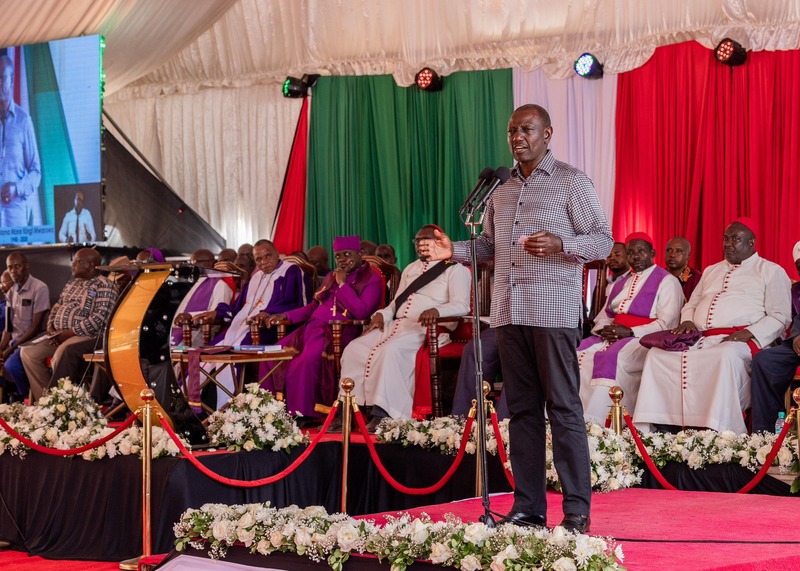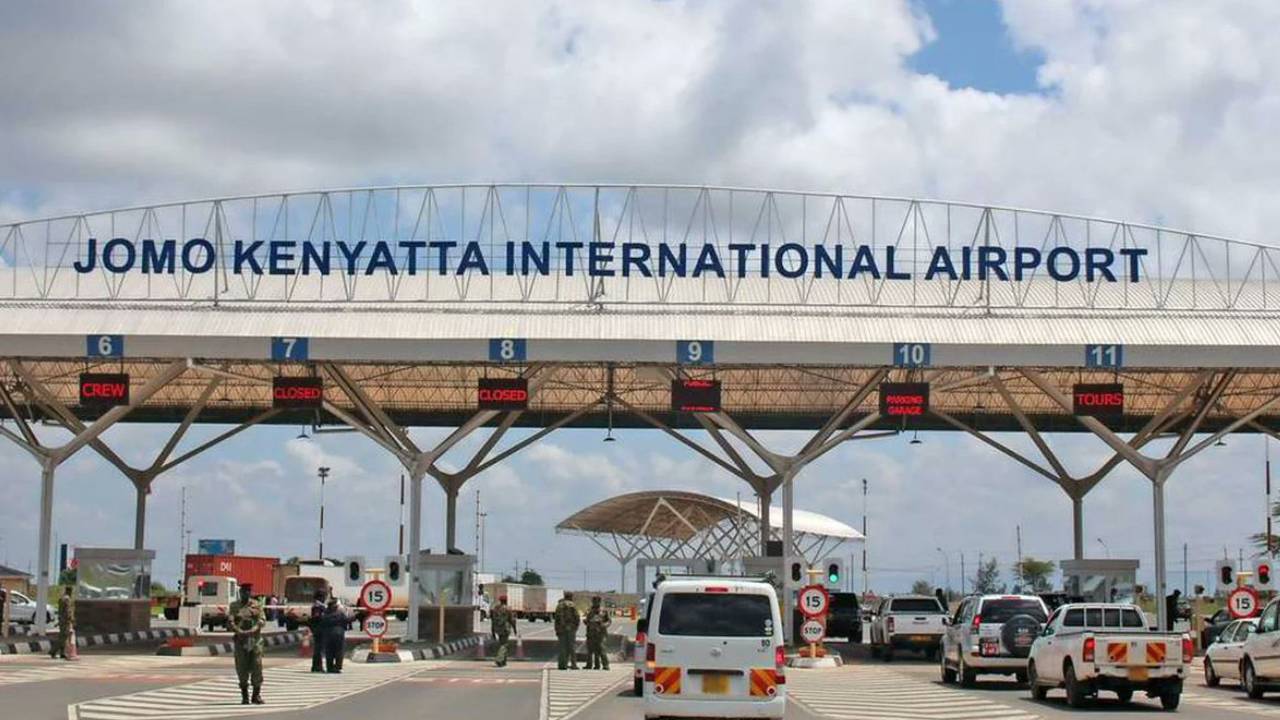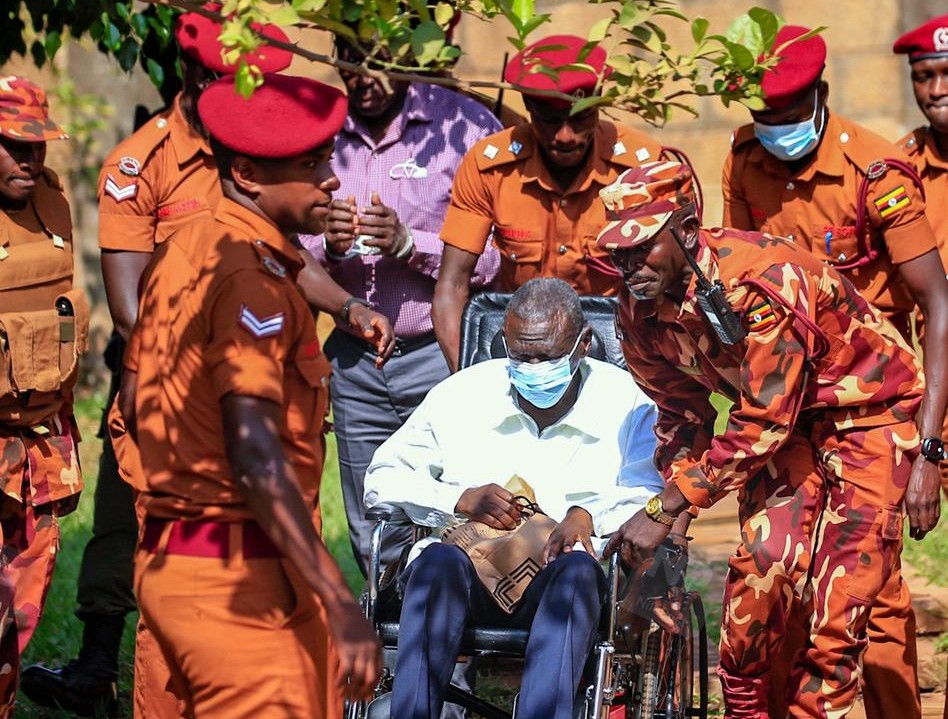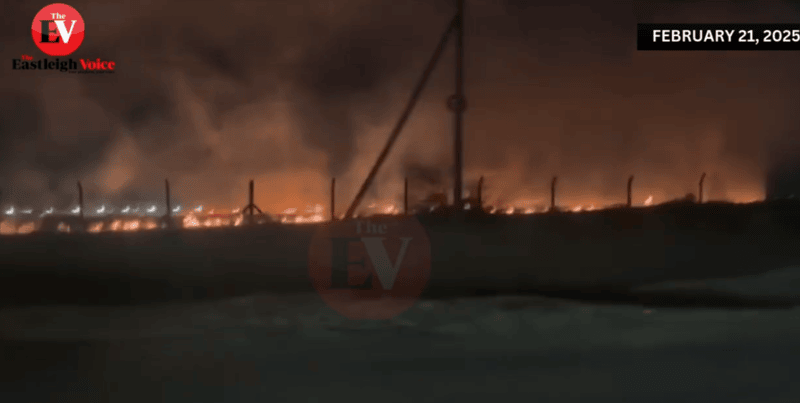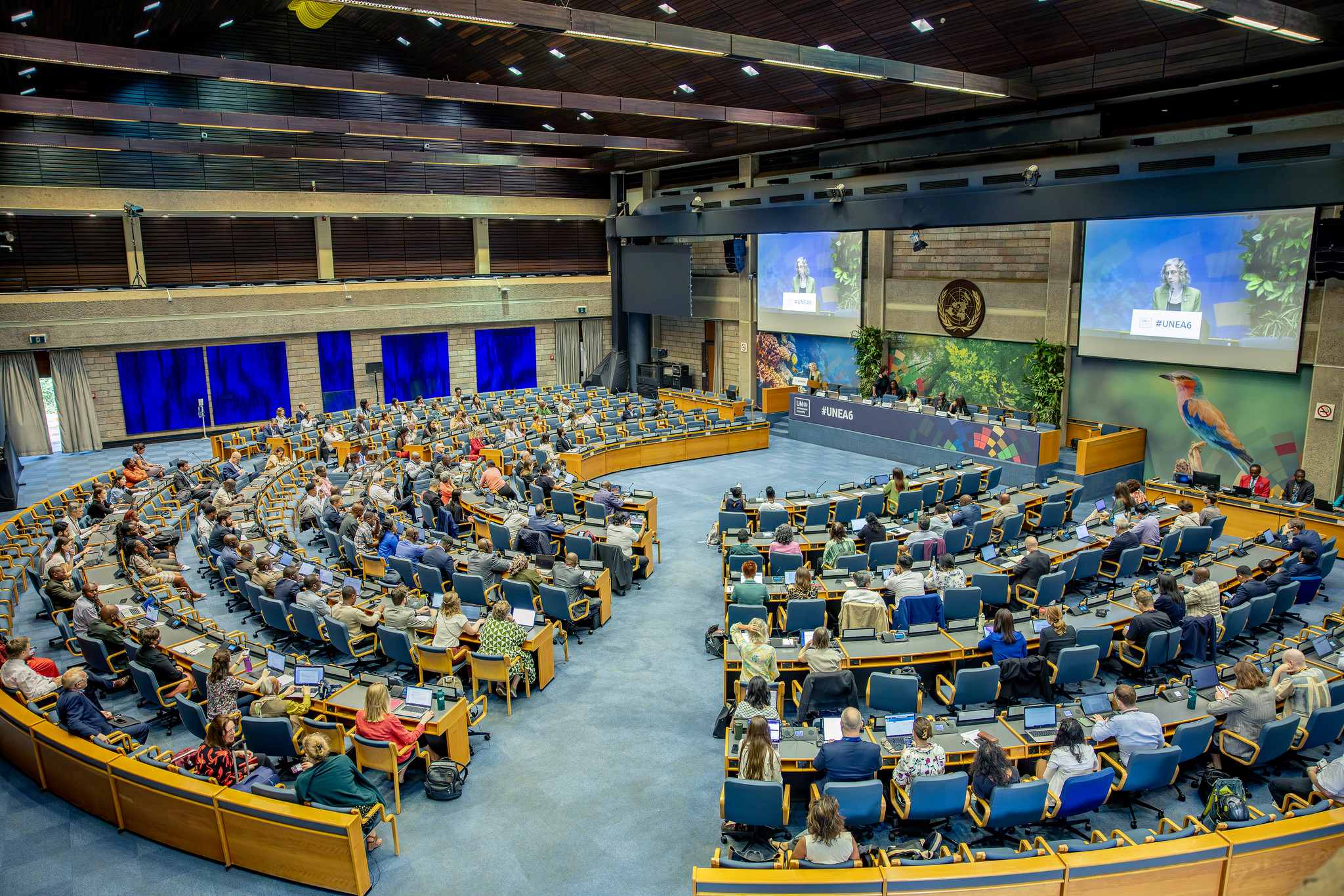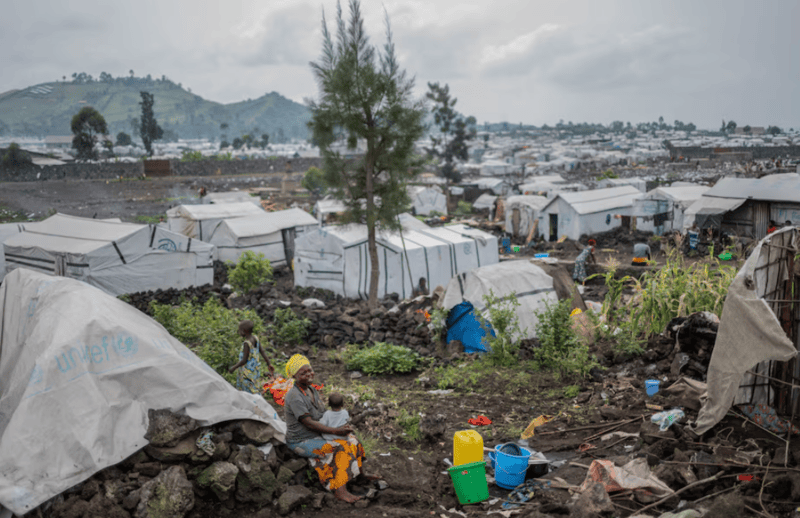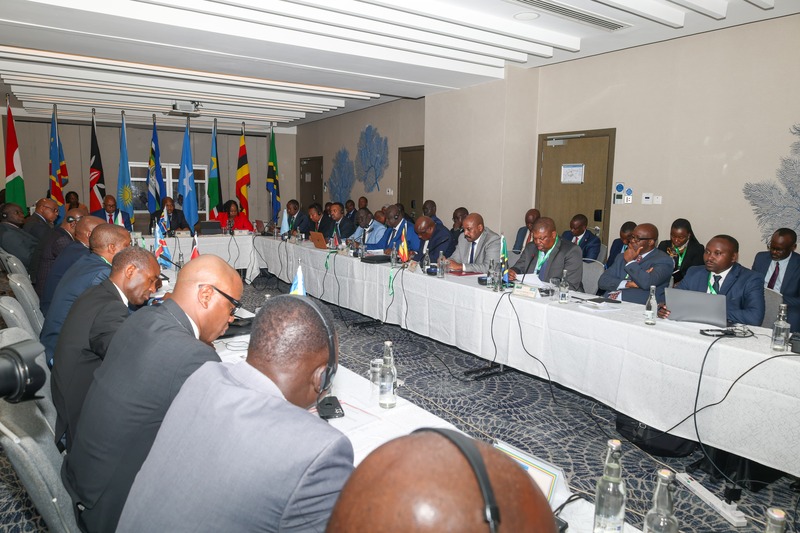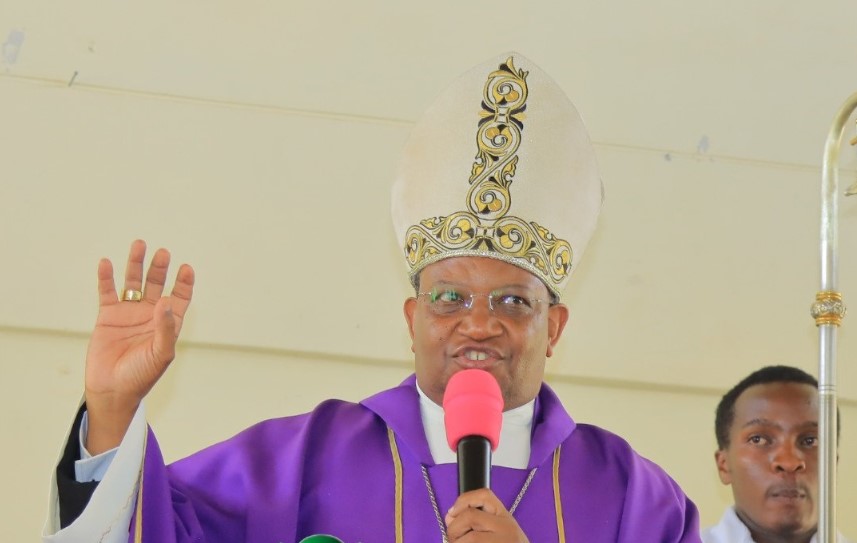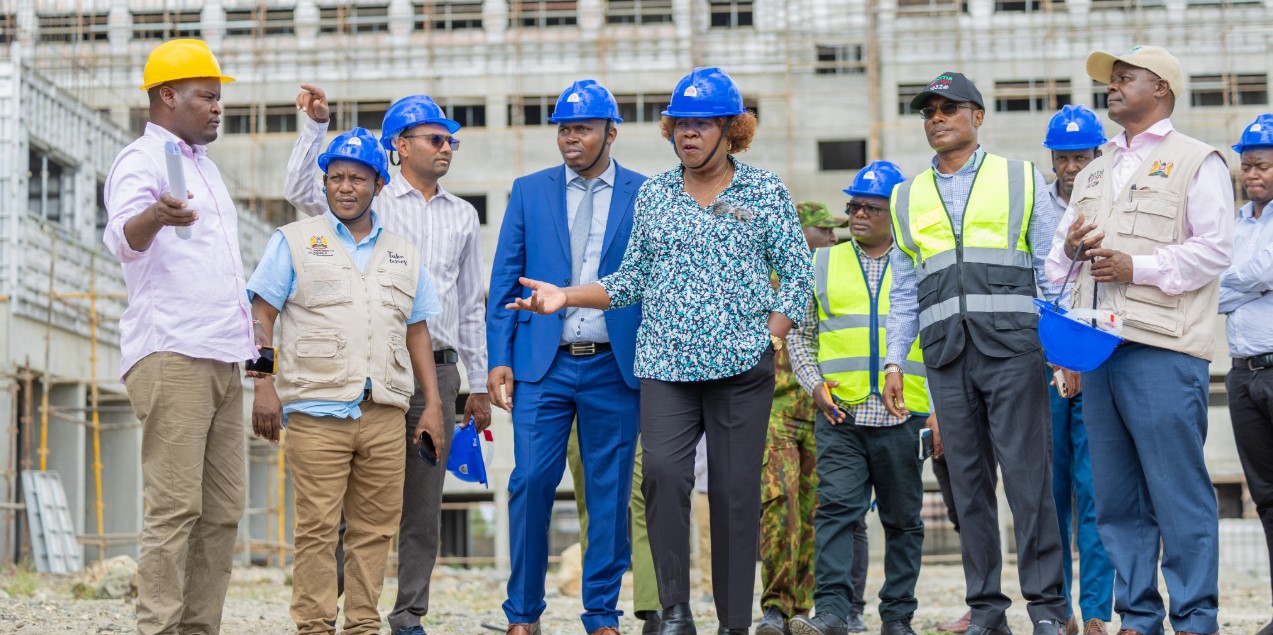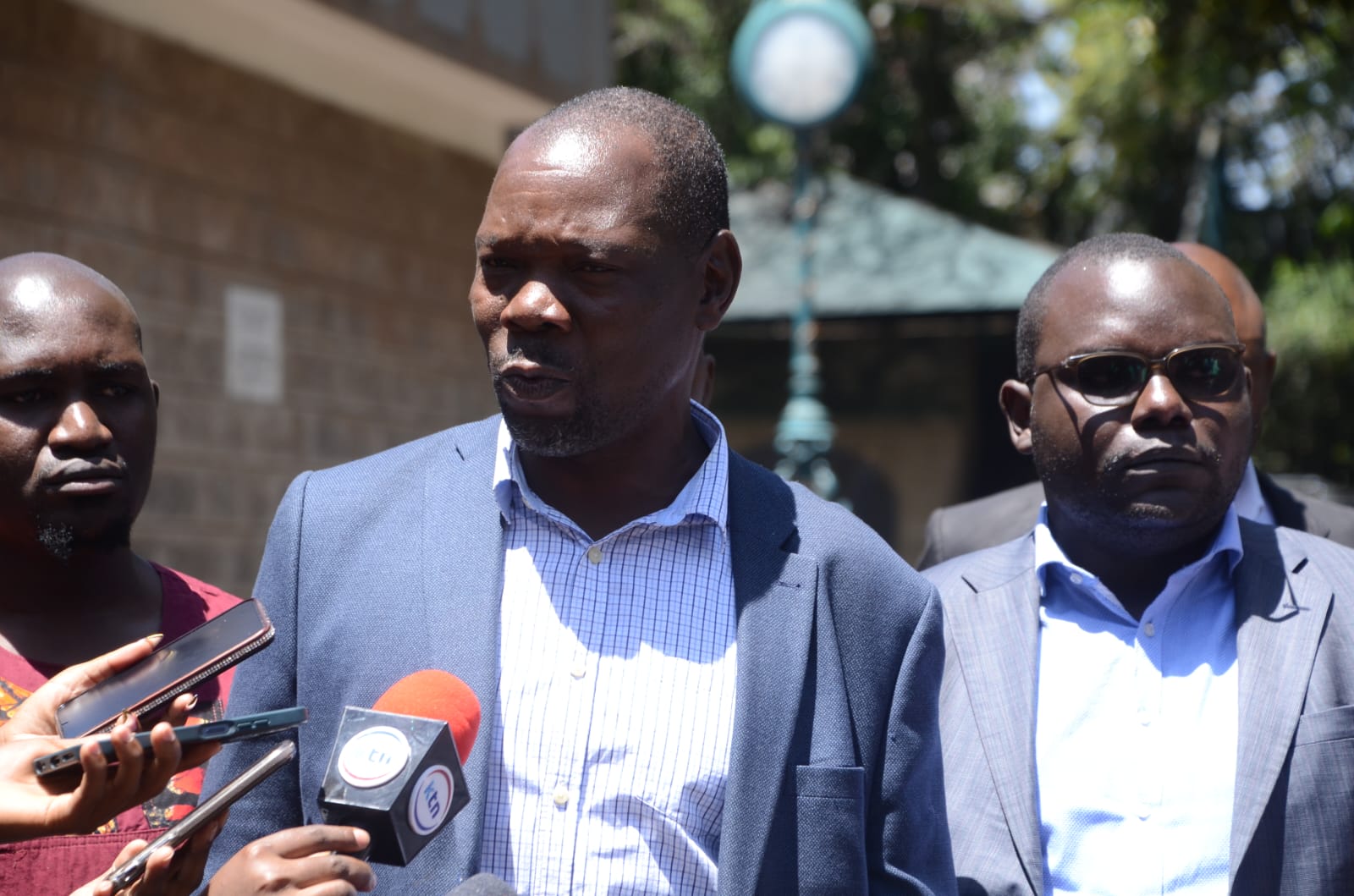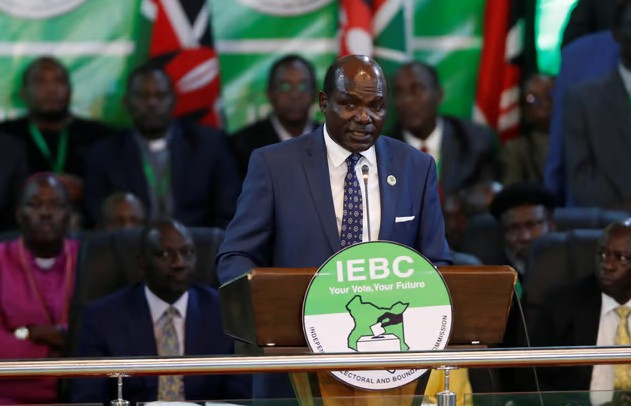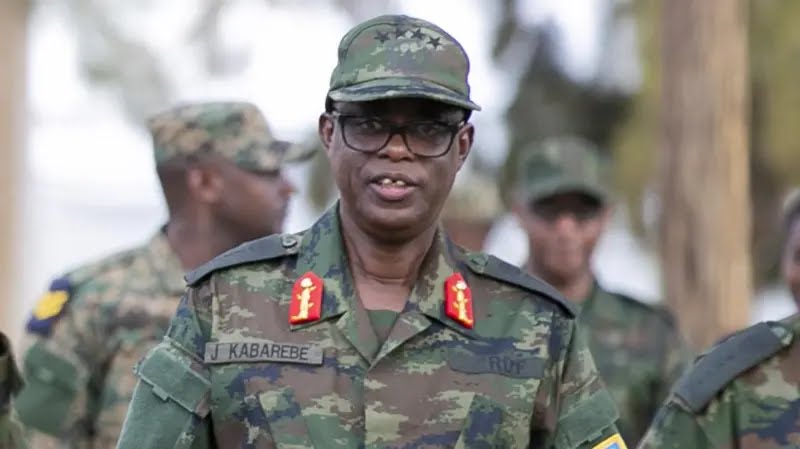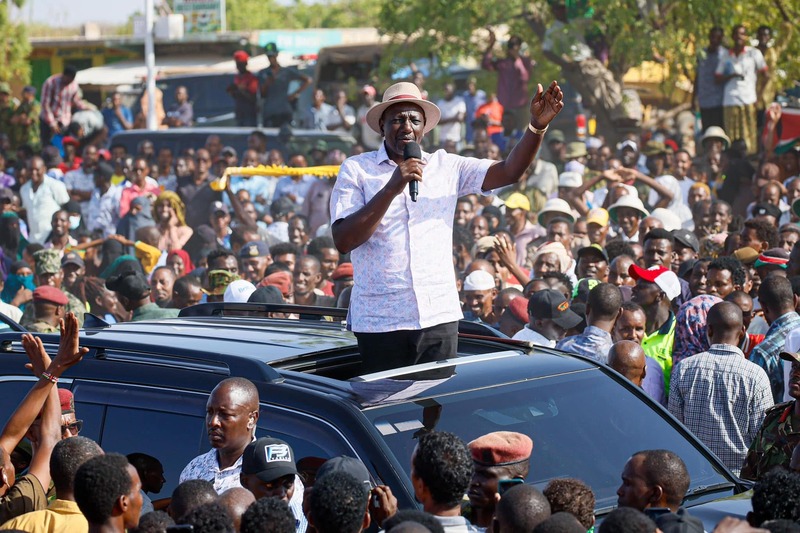Rwanda rejects UK’s call to withdraw troops from eastern DRC
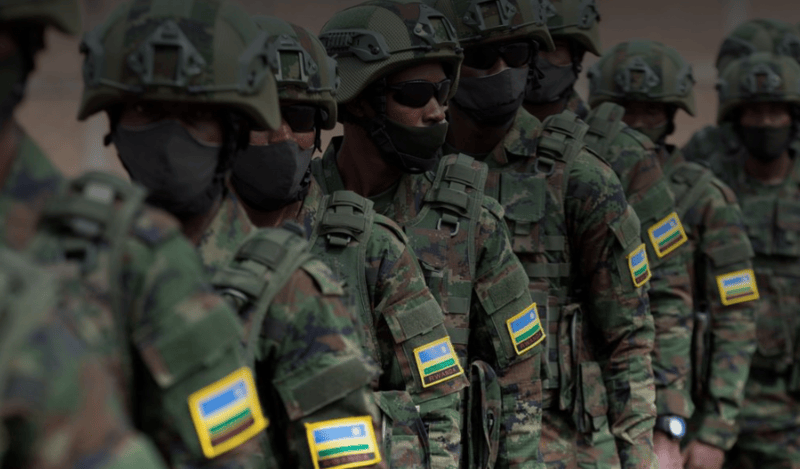
Rwanda also criticised the UK’s stance on the conflict, urging it to support the African Union-backed East African Community (EAC) and Southern African Development Community (SADC) peace process instead of backing a military solution.
Rwanda has dismissed the UK government’s call to withdraw its troops from eastern Democratic Republic of Congo (DRC), insisting its military actions are justified by security threats along its border.
This comes after the UK’s Foreign, Commonwealth & Development Office (FCDO) summoned the Rwandan High Commissioner on Tuesday, criticising the country’s role in the ongoing conflict and urging a return to diplomatic efforts.
More To Read
A spokesperson for the FCDO condemned the presence of Rwandan forces in eastern DRC, calling it an unacceptable violation of the country’s sovereignty and territorial integrity.
“The UK strongly condemns the advances of the Rwandan Defence Force and M23 in eastern Democratic Republic of Congo (DRC),” the spokesperson said.
“These advances constitute an unacceptable violation of DRC’s sovereignty and territorial integrity. The Government of Rwanda must immediately withdraw all troops from Congolese territory.”
However, in a response on Wednesday, the Rwandan High Commission in London defended Kigali’s military posture, arguing that Rwanda was responding to security threats posed by the DRC-backed Democratic Forces for the Liberation of Rwanda (FDLR), a militia with links to the perpetrators of the 1994 genocide.
It said Rwanda had taken “defensive measures” following a January 26 attack on the border town of Rubavu, which left 16 people dead and 177 injured.
“Rwanda continues to face an existential security threat from the FDLR, which has carried out at least 20 attacks on Rwandan territory and is now embedded within the Congolese army as a strategic ally,” the statement read.
The High Commission also accused MONUSCO, the UN peacekeeping mission in the DRC, of becoming entangled in a military coalition that includes the FDLR.
“Rwanda is a proud contributing country to UN peacekeeping, with a proven record of compliance with every standard. However, when MONUSCO becomes entangled with the DRC coalition—which includes and involves the genocidal FDLR—it becomes difficult for everyone to draw clear boundaries,” reads the statement.
Kigali argued that the M23 rebel group, composed mostly of Congolese Tutsis, was fighting against “one of the most violent forms of ethnic extremism” that had been ignored by the international community for decades. It warned that the persecution of the group’s members had taken on a regional dimension, which needed to be addressed to achieve lasting peace.
Rwanda also criticised the UK’s stance on the conflict, urging it to support the African Union-backed East African Community (EAC) and Southern African Development Community (SADC) peace process instead of backing a military solution.
Kigali rejected claims that the FDLR was an ageing and weakened group, insisting that it had continuously reorganised, rearmed, and recruited with support from Kinshasa. Beyond its military capabilities, Rwanda warned that the militia’s anti-Tutsi ideology posed a serious regional threat.
“The unchecked public preaching of ethnic extremism by leaders in Burundi and the DRC, especially at the highest levels, poses a grave regional threat,” it said.
Rwanda further accused the DRC of ending the EAC regional force’s mission not in pursuit of peace, but to escalate hostilities. It claimed that Kinshasa had built a military alliance—including Congolese forces, Burundian troops, the FDLR, European mercenaries, and a vast arsenal of weapons—to target M23 rebels and launch attacks against Rwanda.
Meanwhile, the High Commission criticised MONUSCO for failing to prevent ethnic persecution of Kinyarwanda-speaking Congolese over the past two decades, arguing that the peacekeeping mission had allowed the FDLR to grow stronger.
The Commission also addressed Rwanda’s long-standing grievances with the UK over the presence of genocide suspects living in Britain, accusing the country of failing to extradite or prosecute six individuals accused of involvement in the 1994 genocide, despite other Western nations taking action.
“Thirty years have passed, yet six genocide suspects remain at large in the UK, living at the expense of British taxpayers. The UK is aware that each extra day is one too many,” it said.
The diplomatic dispute comes amid escalating violence in eastern DRC, where M23 rebels recently seized Bukavu, weeks after capturing Goma. At least 3,000 people, including peacekeepers, have been killed in the fighting, while thousands more have been displaced.
Top Stories Today
